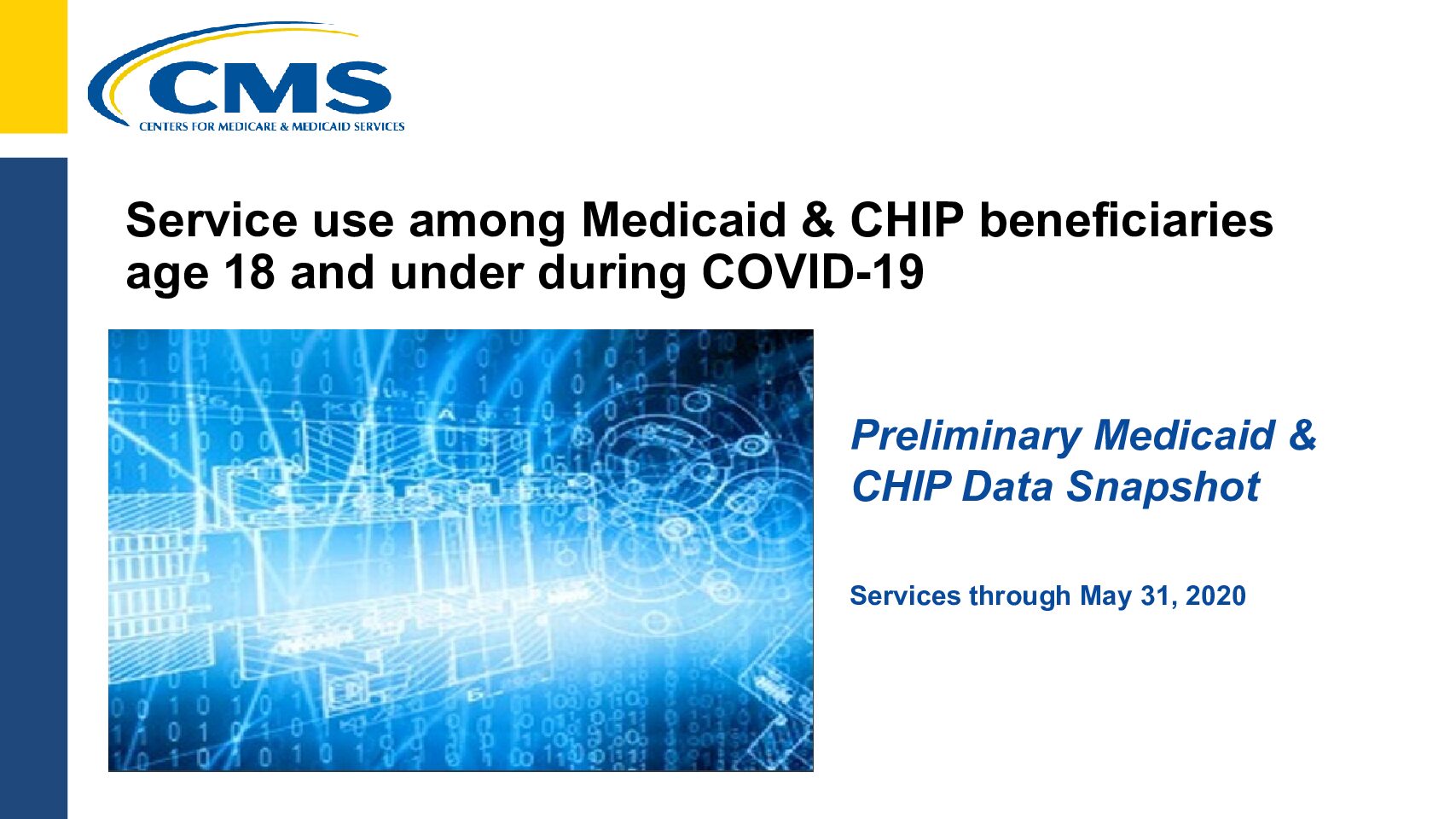Data analysis from the Centers for Medicare & Medicaid Services (CMS) revealed there was a significant decline in critical primary and time-sensitive preventative screenings and services for young children in 2020 compared to 2019 — services that, for decades, Head Start has successfully delivered to families and young children from at-risk backgrounds.
The data showed, between March and May of 2020:
- 22% fewer (1.7 million) vaccinations received by infants and toddlers under the age of two;
- 44% fewer (3.2 million) child screening services assessing physical and cognitive development; and
- 69% fewer (7.6 million) dental services, when compared with the same time period in 2019.
Preventative Screenings are Down, Head Start programs Step Up
Head Start programs across the nation are demonstrating their adaptability to meet health needs during the pandemic. As one Head Start health specialist in Arkansas shared: “To ensure timely screening we were able to obtain two spot vision screeners. It can take as little as 15 seconds to screen a child. We have had events where we screened kids in the community and found several who needed glasses and hadn’t seen an optometrist.”
Without access to doctors for routine check-ups and specialists to identify and treat disabilities or delays, children could suffer unnecessarily for years during a critical period of development. Early identification and intervention, especially in the case of developmental delays, can have lasting impacts on the effectiveness of interventions.
Screening Early Matters
From Head Start’s conception, Dr. Robert Cooke and the team of psychologists behind the program’s comprehensive design wrote that the first objective was improving the child’s physical health and physical abilities. They were concerned about the many areas of the country where children in poverty often did not receive necessary immunizations, let alone see a doctor or dentist regularly. That’s why Head Start’s focus on child health and development is core to its whole-child approach to preparing children for success.
Even before the pandemic, a number of factors were blocking Head Start children and families from health care services. Research from NHSA in 2017 uncovered that access to transportation and the ability of Medicaid providers to communicate in patients’ primary language are common barriers for families who partner with Head Start. For more isolated communities, a blanket lack of Medicaid providers presents an immense hurdle. To address these obstacles, research from 2021 shows Head Start programs complete screenings in the program, provide transportation and translation, and find families’ medical homes to ensure children receive medical care.
Positive Impact of Heath Focus
In the 2018-19 program year, Head Start increased the percentage of children enrolled in the program who were up-to-date on well-child check-ups by more than 20%. In addition, Head Start’s focus on preventative screenings and treatment resulted in more than 64,000 children starting personalized early intervention plans, and nearly 90,000 children were identified as in need of additional assessment for disabilities. This early identification of children’s individual needs enables Head Start and their future educational settings to provide them with the support they need to be successful in school and beyond.

